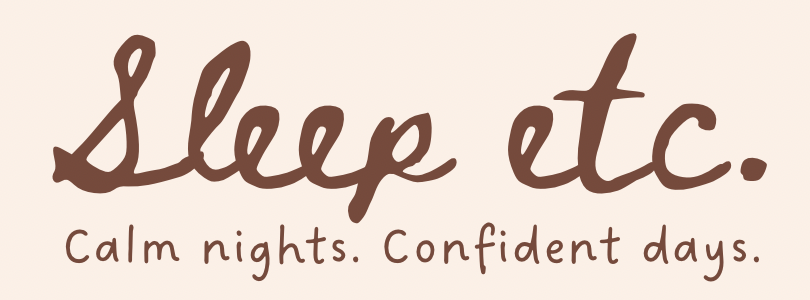Suicide Prevention Day: You are not alone. Conversations Save Lives
Content advisory: this blog discusses themes of suicide.
Today, on Suicide Prevention Day (10th September), we pause to remember those we have lost, support those who are struggling, and strengthen our communities. Suicide is preventable, not inevitable. This message, championed by organisations like Samaritans, is one we must repeat often. Because sometimes, it only takes one conversation to save a life.
As parents, carers and caregivers, we often pour every drop of energy into our children. Yet when we are exhausted, overwhelmed or isolated, our own mental health can slip quietly into crisis. Lack of sleep, stress about a child’s development or health needs, or the constant pressure of parenting can chip away at our resilience.
It’s okay to feel tired. It’s okay to feel overwhelmed. And it’s okay to speak up!
Evidence shows that talking about how you’re feeling, honestly and without shame, can lighten the load. Suicide thrives in silence. Let’s break that silence!
So.. start the conversation (even if it feels awkward)
You don’t need perfect words. Try one gentle, direct question and A LOT of listening.
Ask: “How are you, really?” or “I’ve noticed you seem overwhelmed, do you want to talk about it?”
Name suicide directly if you’re worried: “Sometimes people feel like life isn’t worth living. Are you feeling like that?”
Listen without fixing: “That sounds really hard. I’m here. We can figure this out together.”
Plan next steps: Offer to help contact a GP, helpline, or trusted person. Stay with them if risk is high.
Practical points on parenting, sleep & mental health
Sleep struggles are one of the most common challenges parents face. They can also be one of the biggest drains on emotional and mental well-being. When a child is anxious, having night terrors, waking multiple times, clinging with separation anxiety, or navigating learning disabilities, autism or chronic health conditions, the impact is felt across the whole family.
If you’re in this season:
You’re not failing. Sleep difficulties and behavioural changes are not a reflection of your parenting.
Your mental health matters too. Prioritising your well-being is not selfish, it’s essential. If you’re not in a good place, you cant help your little one through theirs.
Reach out and make a support plan. There are communities, professionals and charities ready to support you, many of which are in your local area. List one or two people or organisations you can call when things feel overwhelming.
Build small moments of rest: Even five minutes of quiet breathing can calm your nervous system.
Ask for help early: Don’t wait for crisis. GPs, health visitors, parent helplines, and mental health charities can all help.
Connect with others: Parent groups, online communities, and friends who “get it” can help break the isolation.
Be gentle with yourself: Parenting is hard. Remember, perfection isn’t the goal, being present is.
The Royal Foundation of The Prince and Princess of Wales has launched the National Suicide Prevention Network, spanning all four home nations and is aiming to transform suicide prevention in the UK.
Where to Get Help in the UK
If you or someone you know is struggling or thinking about suicide:
Samaritans: Call 116 123 (always free, 24/7)
Shout: Text SHOUT to 85258 for free, confidential 24/7 text support
Papyrus (young people under 35): Call 0800 068 4141 or text 07860 039967
NHS 111 or your GP for urgent support
In an emergency, always call 999
References
Darvishi N, et al. The Role of Social Support in Preventing Suicidal Ideations and Behaviors. Meta-analysis (2024). Open-access summary.
Dazzi T, et al. Does asking about suicide induce suicidal ideation? Systematic review (2014). PubMed. See also Blades CA, et al. (2018) and Mathias CW, et al. (2012) for converging evidence.
World Health Organization. Suicide – Fact sheet (last updated 25 Mar 2025): Suicide is preventable with timely, evidence-based action. WHO.
Samaritans (UK & ROI). World Suicide Prevention Day (2025) & campaign message: “Suicide is not inevitable.” Campaign · Homepage.
The Royal Foundation of The Prince and Princess of Wales. The Royal Foundation Launches The National Suicide Prevention Network To Transform Suicide Prevention In The UK (2025) https://royalfoundation.com/national-suicide-prevention-network/ (Last accessed 10/10/2025).


